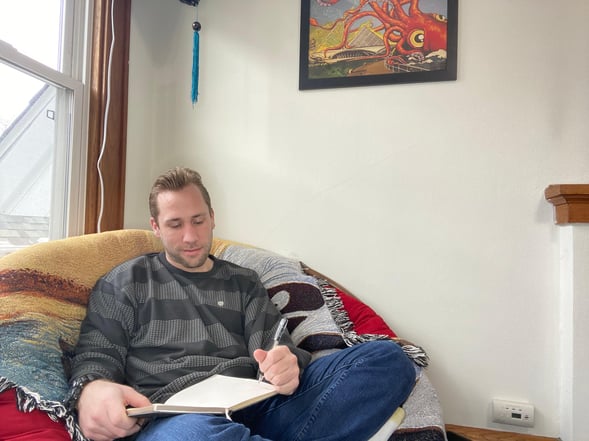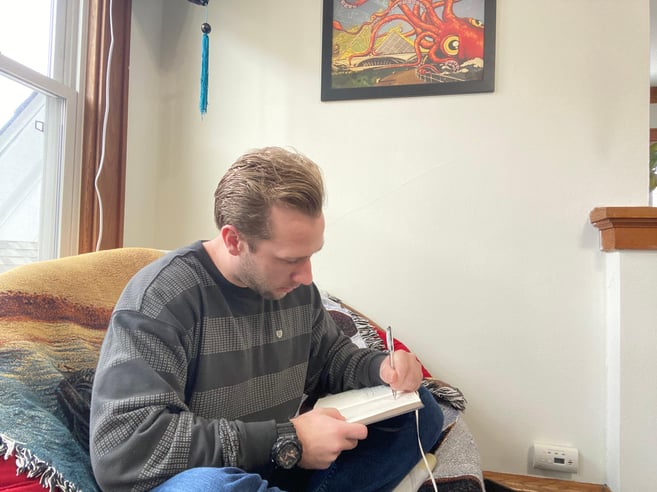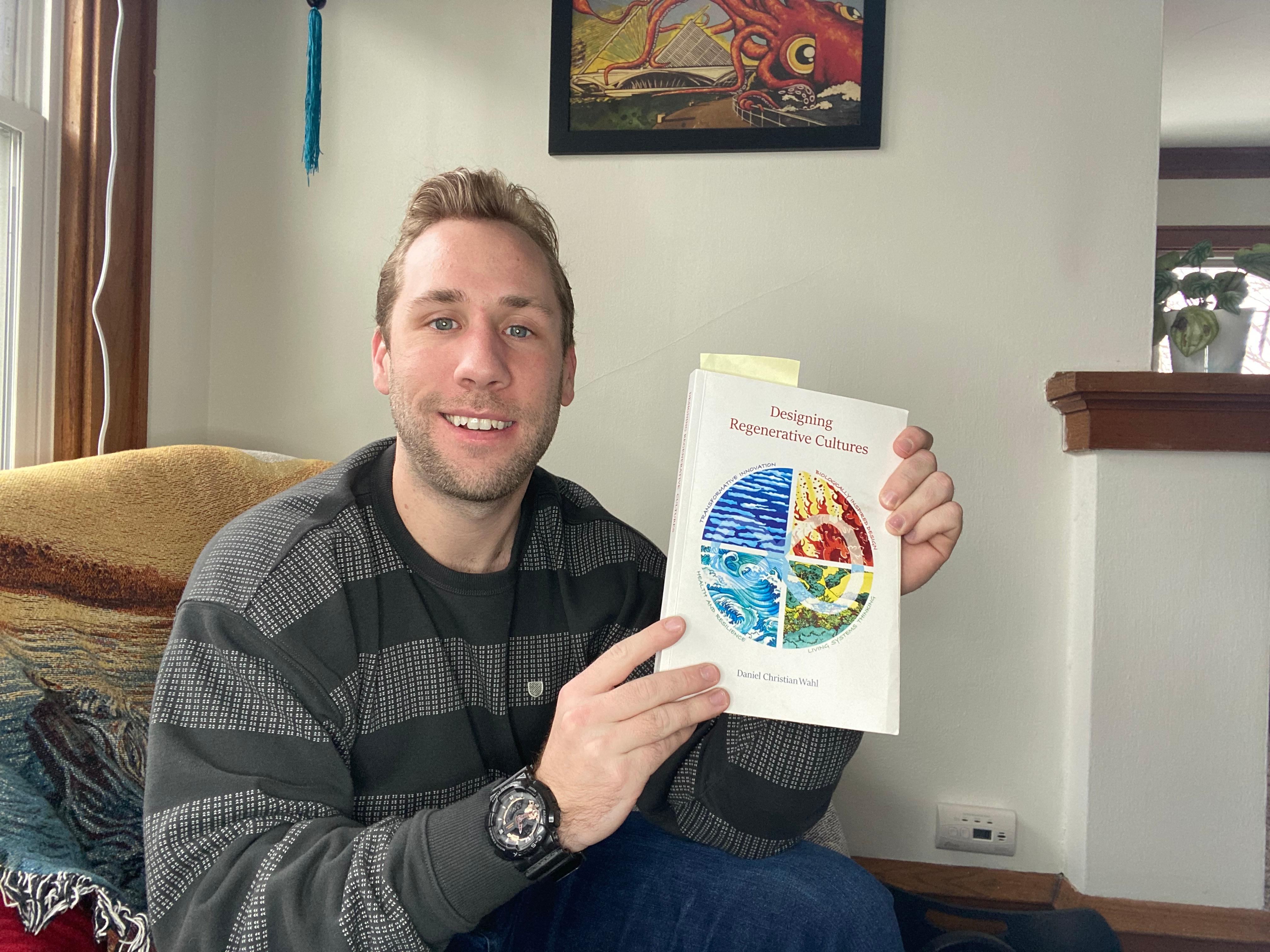The art of building culture champions - Practicing Deep reflection
I like to think of myself as a member of a culture that spends time collecting knowledge and constantly looking to learn more and grow.

For me, the area that I spend most of my learning around is culture. And if you are like me, you might do this by getting books about the history of culture, the lives of the leaders that led great cultures, the curriculum of schools of thought around this topic, the writings and sayings of great cultural leaders, and books on methods and strategies to develop thriving cultures.
As I traveled in my own journey to collect knowledge and wisdom around the world of culture, I have found a few things to be most impactful.
For starters, It’s a good idea to "hang out with"
- Those who know, and
- Those who are seriously working on themselves in this space.
This will instantly help narrow your reading and development on the topic and will be much more impactful.
If you are looking for a space to "hang out with" people in the world of Culture. I encourage you to attend our public and open "Culture First" Chapters. These are filled with amazing people who are all seriously working on themselves in this space.
Culture First Milwaukee Culture First Works
.png?width=310&name=cfmke%20(1).png)
.png?width=317&name=CFworks%20(2).png)
The second stage of study that I have learned to be most impactful and is something that we highly incorporate in our cultural evolution programs is practicing deep reflection.

It is so often that we read a key insight from a book, or hear a key method and strategy from a leader and move on with our days. Believing that we have truly learned this because we spent a few minutes discussing it and reading about it, and then boom, we learned this concept! But how often does that new learning actually end up showing up in our work and in our lives?
This is because we typically don't incorporate deep reflection into the learning process.
Working with emerging leaders and organizations going on their cultural journies, we make sure to take one passage, sometimes a simple phrase, nothing more than a page, and spend time on deep reflection.
Reading it and re-reading and re-re--reading it. Then we let our thoughts work around it. Paraphrasing it. Reflecting around how it applies to others and to ourselves. Noting how it differs from the way in which you usually think about things. What are the different assumptions? What are its implications regarding our own journies? Where does this show up in our own lives? And then read it again. What laws of nature and social impacts is it reflecting?
Sitting quietly, we let our minds associate to the passage. And continue to reflect and be quiet.
By the end of this practice, you can truly ask yourself and each other - Do you now understand?
You will be surprised how much of an impact and realization deep reflection will have on collecting knowledge and being able to utilize it.
We often skip this step. We often read, think we have the answer and move forward. We end up trying to implement this piece of information, only to realize that it doesn’t deliver the desired results that we thought it would.
It is essential to live in these questions for periods of time before moving forward. To deeply reflect on the questions themselves and what they mean to your role and your life.
This ensures we capture the full essence of what we are trying to understand.
So think to yourself as you spend time on your learning and development. Or even your learning and development strategies within your organization.
Is deep reflection an element of it? How can you dedicate even 5 to 10 more minutes after learning a concept to deep reflection? What are the questions you can ask yourself after every item you learn?
I promise you will see a huge impact on your learning and development journies!
(This is the book I am deeply reflecting on right now! What are you learning?)




